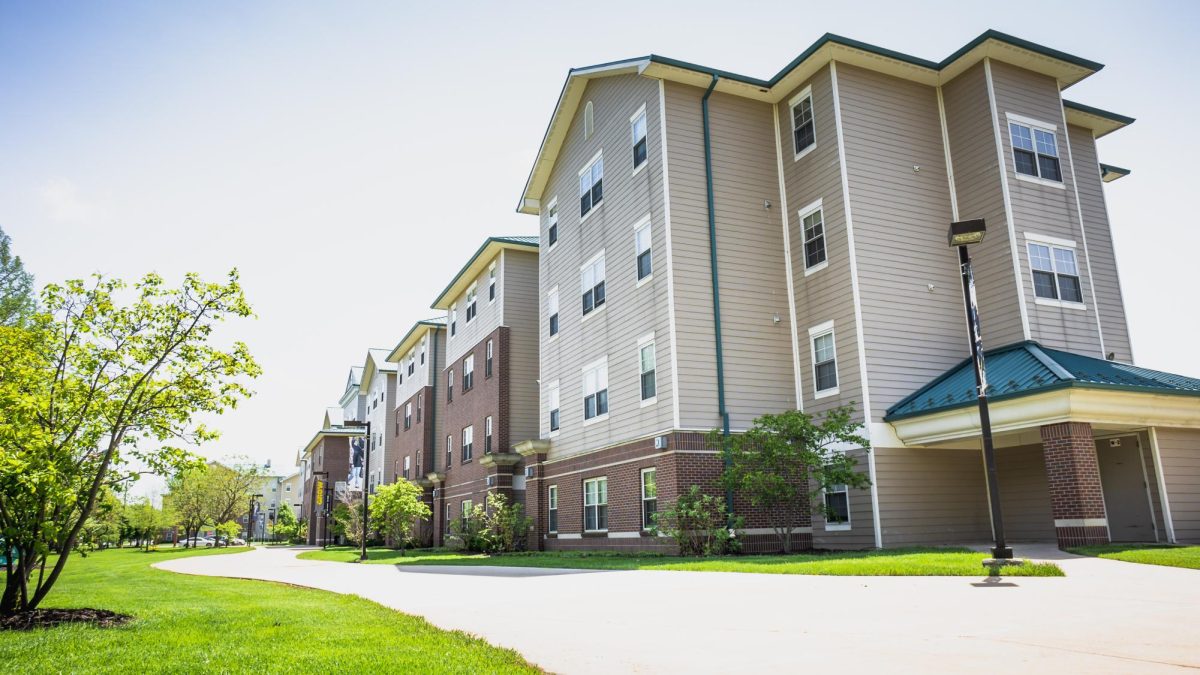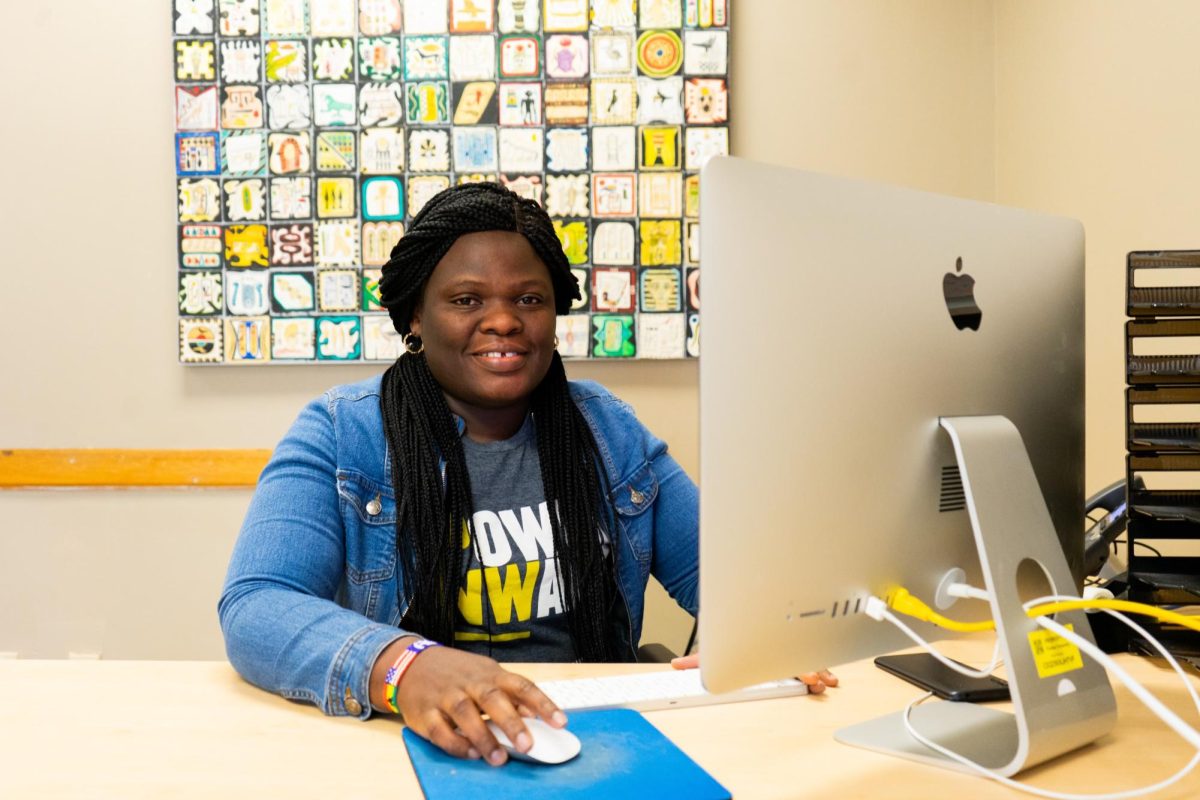College can be hard for someone who is the first person in their family to step onto a campus.
“To try to do something [your parents] haven’t done can be challenging and leave some feeling without a sense of direction or blueprint,” said Khalil Hudson, a freshman Mechatronics Engineering Technology major. “A challenge I face as a first gen student is staying motivated and not focusing on the past when I could’ve started college earlier,”
The feeling is not unique. PNW has 50% more first-generation students than the average Indiana college. Nearly 56% of students here identify as a first-generation college student. Recognizing the challenges these students face, the university has built support systems to help.
“The college environment can be complex, with various systems and processes that may be unfamiliar to first-gen students,” said Ronnell DuBose, executive director of Diversity, Inclusivity and Belonging. “Navigating academic requirements, understanding financial aid, and accessing support services can be more challenging for those who do not have family members with prior experience in higher education.”
First-generation students are individuals pursuing a four-year degree whose parent or guardian did not get a degree. Though PNW stands apart from the average Indiana university, its first-generation enrollment parallels the country. Nationwide, 56% of undergrads are first-generation, according to Forbes Advisor.
Student Affairs is designed to ease the first-generation student experience.
“We have a pipeline of college access and success programs to support our first-generation college students,” said DuBose. “Our TRIO programs serve as a true instrument to support [them]. TRIO is a federally funded initiative to provide outreach and services for first-generation, limited income, and students with disabilities to ensure college enrollment, retention, and completion.”
Many students take advantage of these programs.
“TRIO, the Tutoring Center, and my classmates have been the most useful and helpful during my time here at PNW,” said Hudson.
Junior Cassandra Vickers has also found support in TRIO.
“I have experienced issues that have set me back at PNW,” said the Human Resource and Business Information and Analytics major. “I have medical needs that … [have] made it hard to focus on studies while striving to be involved on campus.”
The Honors College, TRIO [Student Support Service], the [PNW Accessibility Center], and the Office of Student Life have helped me when I needed it most,” she said.
While these programs offer support, help also comes from campus staff.
“When I attended Purdue I did not know what first-gen was, but PNW does a great job of ensuring that people from all backgrounds are welcomed. Various resources were offered to me just for my success,” said Krystie Reed, career management coordinator for the College of Business.
“As an educator, doctoral degree recipient, and a first-gen student myself I try to get to know each of my students,” she said. “I do this so that I can learn their strengths, weaknesses, and what kind of background they come from, including if they are first-gen.
“Depending on what I learn … I offer help and encouragement so that I ensure they succeed,” Reed said. “My students know that my time is offered to them in and outside of the classroom because they are worth it.”
But many first-generation students understand they simply need to double down and force themselves to do things no one in their family has done.
“Perseverance is a daily commitment,” said Vickers. “Put future goals ahead of any current hardships happening in your present.
“With … the courage to overcome and dedication to become your best self, anything is possible,” she said. “It can be hard to believe in yourself, especially as a first-generation student, but perseverance will always be what brings you where you need to go.”




